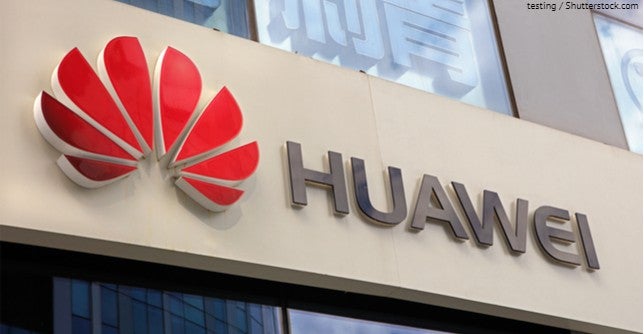Chinese telecom’s purchases of U.S.-made semiconductor components will come under closer scrutiny during BIS export license approvals.
The Commerce Department’s Bureau of Industry and Security has added Chinese telecommunications giant Huawei Technologies Co. Ltd. and 68 affiliates in 26 countries to its Entity List.
“The U.S. government has determined that there is reasonable cause to believe that Huawei has been involved in activities contrary to the national security or foreign policy interests of the United States,” BIS said in a Federal Register notice, which is expected to be published Tuesday.
The Entity List identifies entities believed to be involved in activities that pose a threat to U.S. national security and foreign policy.
As part of their corporate compliance programs, U.S. exporters and their overseas affiliates must be aware of those entities on the Entity List to avoid running afoul of the Export Administration Regulations and being subject to substantial penalties.
However, the Entity List does not preclude a U.S. company or organization from doing business with a listed entity. It simply imposes additional license requirements and limits the availability to most license exceptions for exports, re-exports and transfers to listed entities.
A multi-department End-User Review Committee (ERC) decides by a majority vote when and which entities to add the Entity List.
The ERC made its determination to add Huawei to the Entity List based on a recent District Court for the Eastern District of New York indictment that alleges the Chinese company had violated U.S. sanctions by illegally exporting technology with U.S.-made components to Iran.
The committee also added Huawei’s oversees affiliates with “reasonable cause” that the company might use them to evade the Entity List restrictions.
The Commerce Department’s addition of Huawei and its affiliates to the Entity List follows President Donald Trump’s Wednesday executive order, “Securing the Information and Communications Technology and Services Supply Chain,” in which he declared, “Foreign adversaries are increasingly creating and exploiting vulnerabilities in information and communications technology and services, which store and communicate vast amounts of sensitive information, facilitate the digital economy and support critical infrastructure and vital emergency services, in order to commit malicious cyber-enabled actions, including economic and industrial espionage against the United States and its people.”










